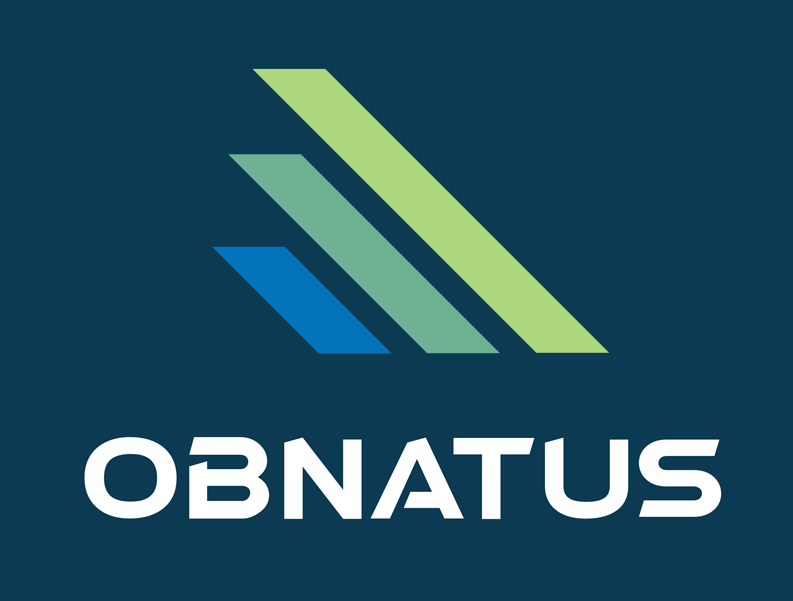Do you ever feel like you’re giving your all, but you are still not reaching your performance goals?
Do you often find yourself working late hours but still feel unproductive?
Are you constantly juggling tasks but not seeing the results you want?
What if I told you there are simple strategies you can use to boost your performance and achieve your targets more effectively?
Many executives struggle with hitting their performance targets. The demands are high, and it often feels like there aren’t enough hours in the day to get everything done.
Sounds familiar?
This is the reality of many executives, working long hours, feeling constantly stressed, and still not seeing the results they want.
It’s frustrating and if this is your case too, I understand you might feel like you’re spinning your wheels.
I’ve been there too, and I have seen many of my clients being in the same situation, and I know how draining it can be.
Achieving higher performance is crucial not only for meeting your professional goals—like hitting sales targets, getting promotions, and leading successful projects—but also for maintaining your overall well-being.
Without effective performance strategies, you might experience chronic stress, burnout, and even physical health issues like high blood pressure and insomnia.
When you perform well, you feel more accomplished, confident, and motivated, which boosts your mental and physical health.
Why is high performance needed?
High performance is essential for career advancement and personal satisfaction.
When you consistently meet or exceed your goals, you build a reputation for reliability and excellence. This can lead to more opportunities, such as promotions and leadership roles, which further your career.
But, what happens if you don’t?
Failing to achieve higher performance can have several negative consequences.
You may feel perpetually stressed and overwhelmed, leading to burnout.
Your work quality can suffer, resulting in missed deadlines, errors, and poor performance reviews.
Over time, this can impact your career progression and personal life, causing feelings of frustration and dissatisfaction.
Practicing effective performance strategies can lead to numerous benefits.
You will likely find that you’re more engaged and motivated at work, which can enhance your job satisfaction.
Additionally, you’ll have more time to focus on personal interests and relationships, improving your work-life balance and overall happiness.
Imagine how happy your family would be if you have more time for them, and you are less stressed?
Research from the American Psychological Association shows that employees who set specific goals are 10 times more likely to achieve them. Additionally, high performers are 40% more engaged at work and experience lower levels of stress, according to a study by Gallup.
This highlights the significant impact of effective performance strategies, as engaged employees are more productive and less likely to experience burnout.
So, how can you overcome this situation? How can you achieve a higher performance?
First of all, set clear and specific goals. Instead of vague goals like ‘improve sales,’ aim for something measurable, like ‘increase sales by 10% in the next quarter.’ This gives you a clear target to work towards.
Remember SMART goals.
Now, it’s time to prioritise your tasks. Use tools like the Eisenhower Matrix to categorise your tasks by urgency and importance. Focus on high-impact activities first.
The Eisenhower Matrix, also known as the Urgent-Important Matrix, is a simple tool that helps you decide on and prioritise tasks by urgency and importance, sorting out less urgent and important tasks which you should either delegate or not spend much time on.
Let me show you how it works.
Urgent and Important (Do First): Tasks you should do immediately. These tasks are critical and have immediate deadlines.
Important but Not Urgent (Schedule): Tasks that are important but do not require immediate action. Schedule these tasks to ensure they get done.
Urgent but Not Important (Delegate): Tasks that require immediate attention but are not important. Delegate these tasks if possible.
Not Urgent and Not Important (Eliminate): Tasks that are neither urgent nor important. These tasks can often be eliminated from your schedule.
When you start using this matrix you will see an increase on your ability to focus on what truly matters and will ensure you are spending your time on high-impact activities.
It’s essential to take regular breaks to maintain high performance. Short breaks during the workday can help you stay focused and energised. Techniques like the Pomodoro Technique, which involves working for 25 minutes and then taking a 5-minute break, can be very effective for example.
And we can talk about the effectiveness drop after 90 minutes and ultradian cycles too. Tony Schwartz wrote a book on the ‘way we are working isn’t working’ which I coached my high performance teams on almost 15 years ago.
Regularly seek feedback from peers, mentors, or supervisors. Constructive feedback can provide insights into areas for improvement and help you adjust your strategies accordingly.
Incorporate mindfulness into your routine. Mindfulness practices, such as meditation or deep breathing, can reduce stress and improve your focus, leading to better performance.
I once worked with a VP of Sales in a large company in London who was struggling with procrastination and had difficulties prioritising tasks.
His days were filled with back-to-back meetings, and he often found himself putting off important strategic work.
This led to missed deadlines and a feeling of constant overwhelm.
Together, we implemented the Eisenhower Matrix to help him prioritise his tasks by urgency and importance. By focusing on high-impact activities and setting clear, specific goals, he was able to regain control of his schedule. Within a few weeks, his productivity skyrocketed, and he felt more in control of his workload. This not only improved his performance but also reduced his stress levels, allowing him to enjoy his work more.
By the end of our coaching sessions, he reported a significant decrease in procrastination, completed his strategic projects on time, and even had more time to mentor his team.
His leadership skills improved, and he was recognised by senior management for his contributions.
You might be wondering by now, Is achieving higher performance just about working longer hours?
No, it’s not about the quantity of hours you work, but the quality.
Higher performance comes from working smarter, not harder.
This means prioritising tasks, taking breaks, and focusing on high-impact activities.
Can high performance be sustained without sacrificing work-life balance?
Yes, it can. In fact, maintaining a healthy work-life balance is essential for sustained high performance. When you take care of your personal well-being, you’re more focused, energised, and productive at work.
Do I need to be constantly busy to achieve high performance?
Not at all. Being busy doesn’t necessarily mean you’re being productive. High performance is about being efficient and effective with your time, not just filling it with tasks.
Is high performance only for those in leadership positions?
No, high performance is achievable at any level of an organisation. Whether you’re leading a team or working independently, the principles of setting clear goals, prioritising tasks, and maintaining focus apply to everyone.
Does high performance mean never making mistakes?
Absolutely not. Mistakes are part of the learning process. High performers understand this and use mistakes as opportunities to grow and improve.
Can I achieve higher performance if I’m already feeling burned out?
If you’re feeling burned out, the first step is to address that burnout. High performance requires you to be in good mental and physical health. Start with self-care practices, like mindfulness, and then gradually work on performance strategies.
Is it possible to achieve high performance without setting specific goals?
It’s very challenging to achieve high performance without specific goals. Goals provide direction and help you measure progress. Without them, it’s easy to lose focus and motivation.
Can multitasking help me achieve better performance?
Actually, multitasking can decrease performance because it divides your attention and reduces the quality of your work. It’s better to focus on one task at a time and complete it thoroughly.
Is better performance all about achieving targets, or is there more to it?
Higher performance is not just about hitting targets; it’s also about improving processes, building better relationships, and growing personally and professionally. It’s a holistic approach to excellence.
Can I maintain high performance in a constantly changing work environment?
Yes, by being adaptable and open to change. High performers are flexible and can adjust their strategies to meet new challenges. Continuous learning and a positive mindset are key to thriving in dynamic environments.
I encourage you to try these tips and see how they impact your life.
If you want to watch the full video, please go to my YouTube channel.





